This lecture series considers the potential for innovative engineering and project management approaches to futureproof how we develop and operate construction projects.

The traditional way of designing a project is to service a prescribed set of specifications. Instead, a shift in mindset is required to design engineering systems that meet the needs and opportunities that exist over time. We want engineering systems that can adapt to the actual demands occurring at different points over the system's lifetime.
Bringing together researchers, policy makers and leading industry innovators at the cutting edge of engineering and project management, this series explores the possibilities for futureproofing engineering systems in the built environment.
About the Speakers
Professor Giorgio Locatelli
Title: Modularising megaprojects for replicability: the case of Small Modular Reactors (SMR) 11 March 2022 - 1.00 - 2.00pm
Bio Full professor of Complex Projects Business at Politecnico di Milano – School of Management. Educated in Politecnico di Milano, has a Bachelor’s and Masters in mechanical engineering (2006) and a PhD “Cum Laude” in Engineering management (2011). He attracted more than £1,000,000 of research funds. Giorgio also works as a consultant and visiting academic for several public and private organisations, including the IAEA, ANL, the UK government. He authored more than 100 international peer-reviewed publications. Giorgio sits in the editorial boards of “International Journal of Project Management”, “Project Management Journal” (where is a senior editor), “Progress in Nuclear Energy”, “Construction Management and Economics”. | 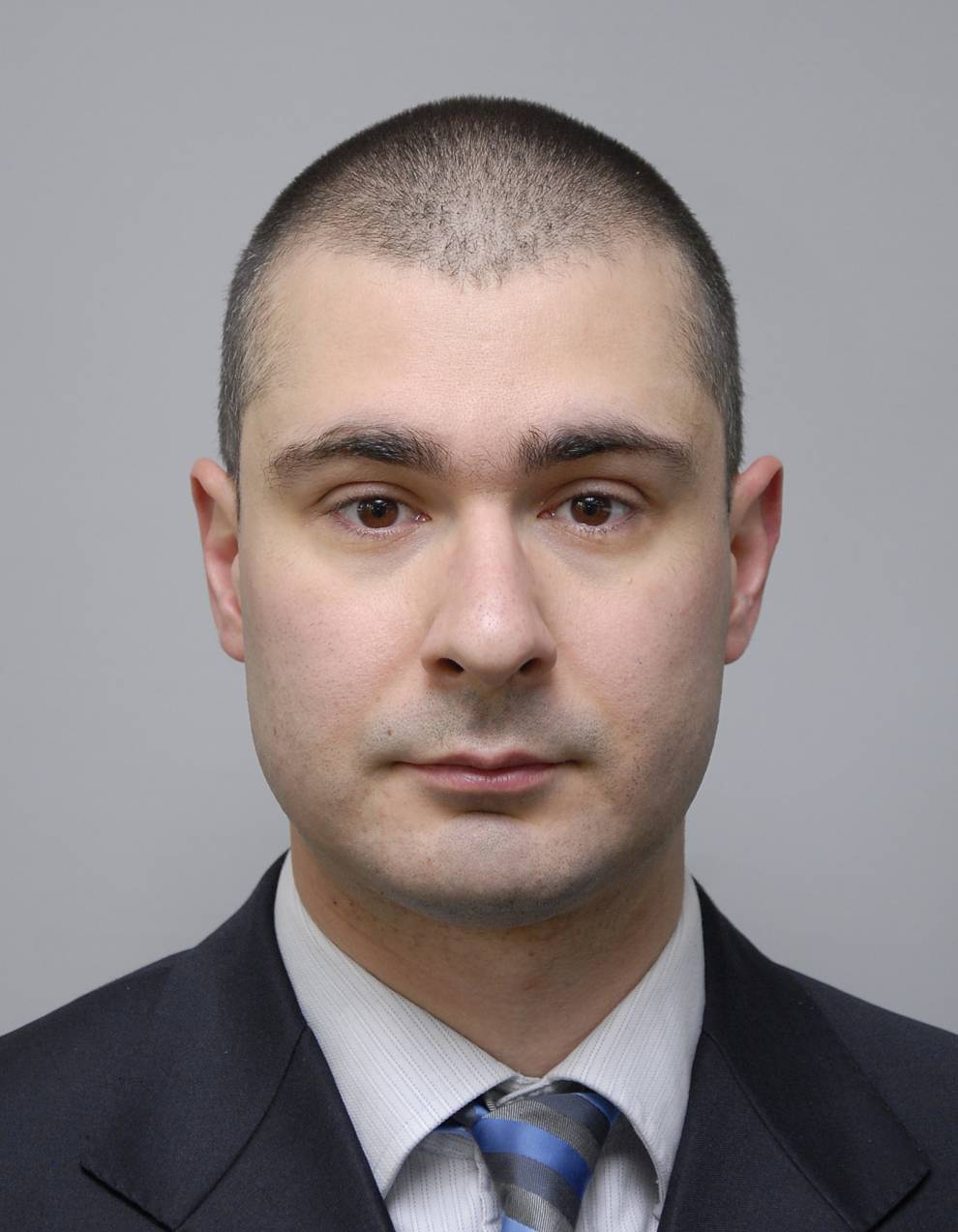 |
Professor Nuno GilTitle: Megaprojects and Society8 April 2022 - 1.00 - 2.00pm A powerful new conceptual understanding of ‘megaprojects’ as a purposeful form of organizing capital production is emerging in management scholarship and policy that offers novel insights on their role as a generic entity in society. Drawing on examples from the UK, I will mobilize this nascent conceptualization to shed light on why megaproject delays, cost overruns and scope creep are so widespread, and what we – scholars, practitioners, and policymakers - can do about it. Specifically, I will argue for the need to see megaprojects as social artefacts set up with the purpose of producing economic returns as well as positive social and environmental spill overs (and of avoiding negative ones). And so, to see megaprojects not only as instruments of value creation, but also of value distribution in a way that stakeholders see as fair. Bio Prof. Gill’s research has been predominantly informed by studying new infrastructure development projects so-called 'megaprojects'. With his PhD students and collaborators, Nuno has developed theory, conceptual frameworks and methods for communicating how to design and manage these capital-intensive project-based organizations. His research has investigated development processes, product and organizational architectures, and contracting and procurement strategies. More recently, Nuno has started to study the role of organizational design in tackling the Grand Challenges of the XXI Century including population growth, climate change and the development of the Global South. Nuno was the lead editor of Duality by Design: The Global Race to Build Africa's Infrastructure (Cambridge Press, 2019); and is currently authoring a book for MIT Press, A Theory of Megaprojects, Value Creation and Value Distribution. | 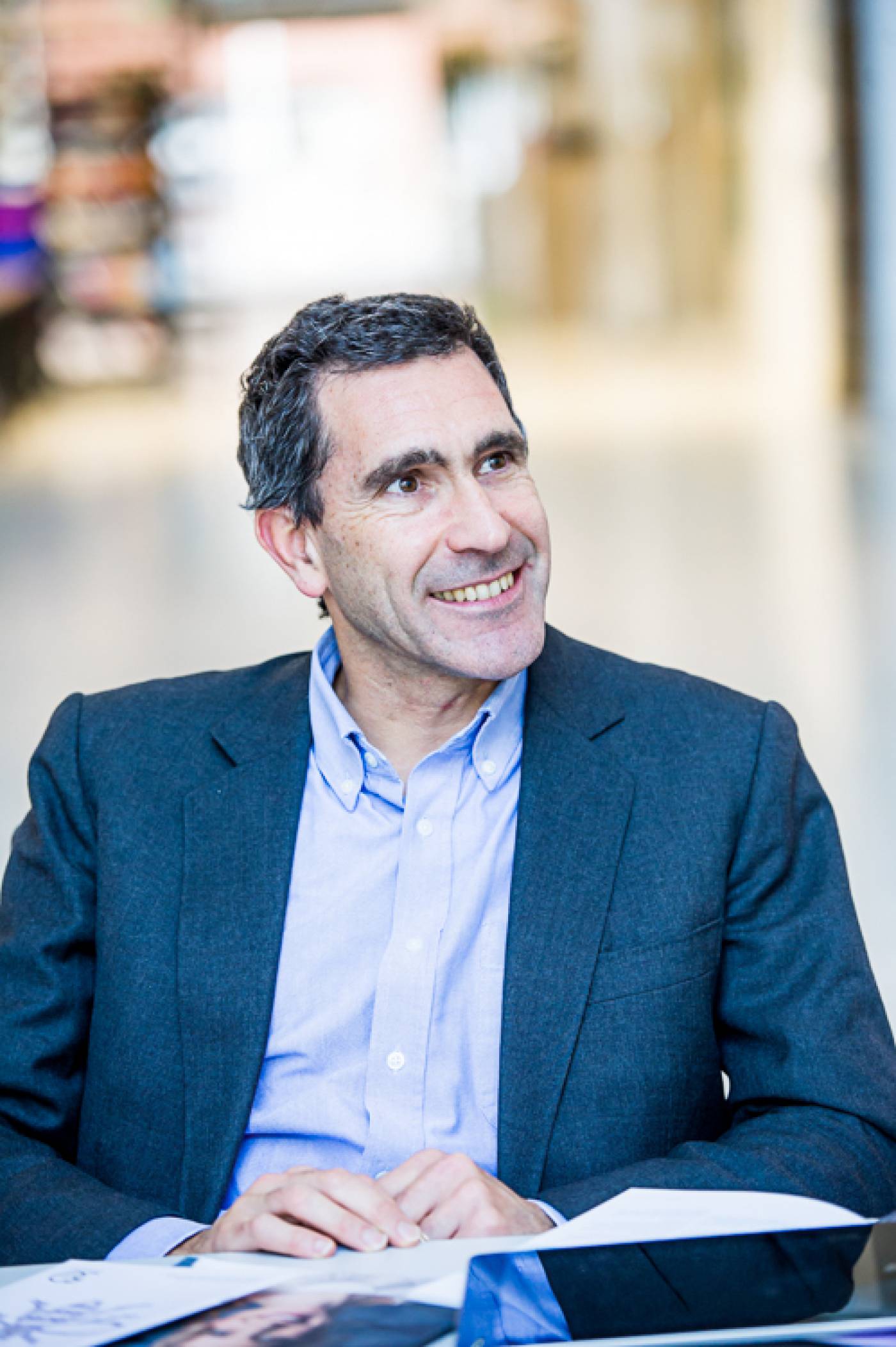 |
Dr. Joana GeraldiTitle: Projectification of engineering systems3 May 2022 - 1.00 - 2.00pm Whether through the delivery of a sewage system or energy distribution system, megaprojects are designed to intervene in engineering systems in a purposeful and deliberate manner. Although they always transform the system, their impact is partly predictable and partly unknowable. While the uncertainty surrounding megaprojects is widely accepted in practice and literature, project achievements are still compared against planned goals, and megaprojects are declared to be over budget, over time, over and over again, Flyvbjerg poignantly insists. Why is it so hard to design, deliver and yield long-term benefits from megaprojects? In the talk, I will provide some potential answers to this question. The talk is based on a book chapter and Andy Davies and I published in the Springer Handbook on Engineering Systems. Grounding our work in project studies literature, we will discuss four challenges involved in managing megaprojects: 1) delivering purposeful interventions, 2) integrating complex work under high levels of uncertainty, 3) collaborating with friends and foes and 4) innovating and learning under high time and budget constraints. I will conclude the talk with reflections about our choices of projects and how they create the engineering systems we have around us. Bio Joana Geraldi is associate professor at Copenhagen Business School, Department of Organizations, and leads the Center for Advanced Studies in Projects (CASPRO). Joana is passionate about projects. She studies how they are shaped and organized in firms and society. Joana’s empirical contexts are in projects and project organizing across different industrial contexts, in particular, large engineering projects, IT, construction and wind industries. In the recent years, Joana is intrigued about decisions, and studies how decisions happen in projects, looking at the interfaces between individual cognition, organizational decision making and artefacts, in particular, visualizations. | 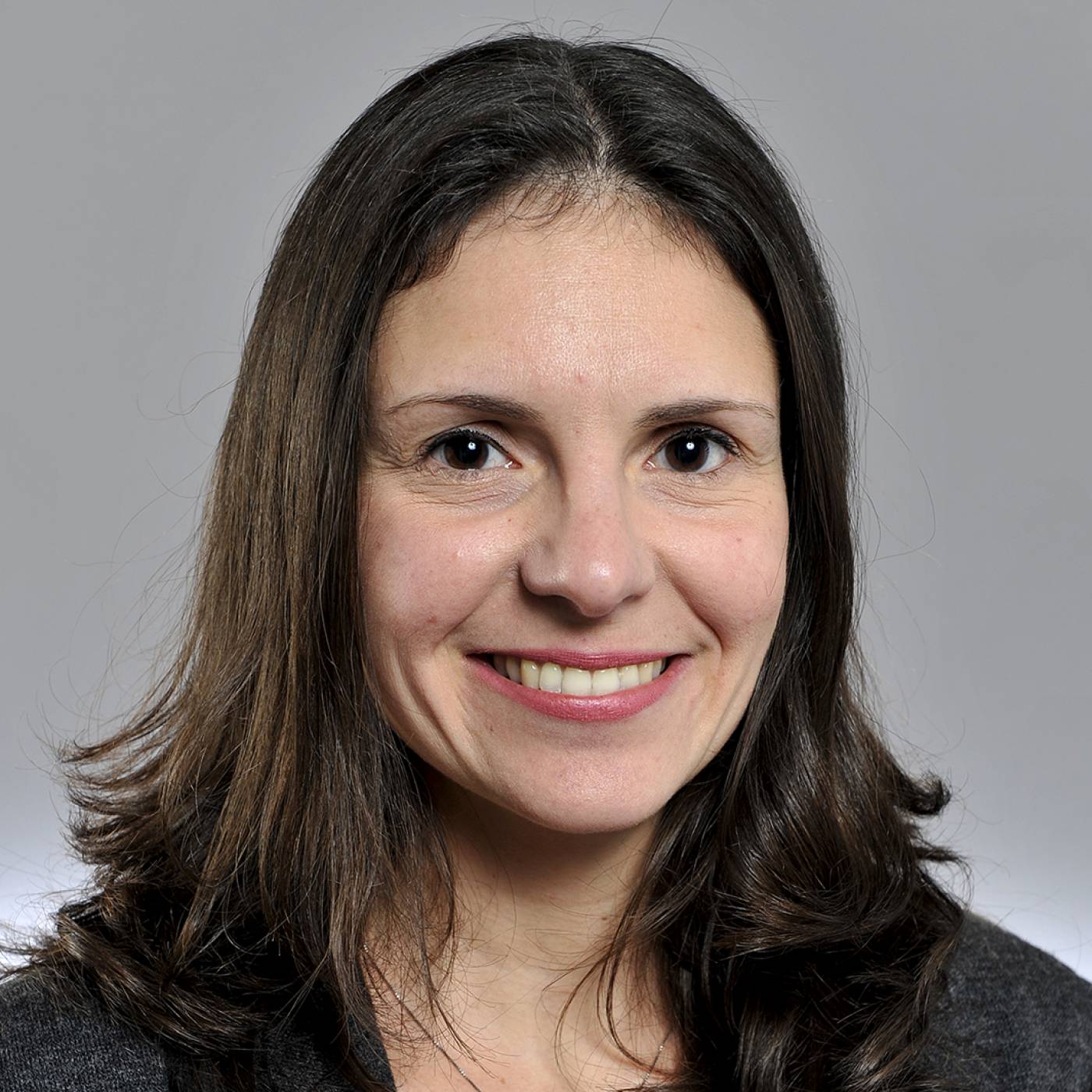 |
Professor Richard de Neufville and Dr. Michel-Alexandre Cardin
Title: Flexibility: Win-Win Systems Design for Uncertainty9 June 2022 - 2.00 - 3.00pm A conversation between Professor Richard de Neufville, Institute for Data, Systems and Society, MIT, and Dr. Michel-Alexandre Cardin, Senior Lecturer, Dyson School of Design Engineering, Imperial College London. Flexible system design can:
Prof. de Neufville Bio: Prof. de Neufville is an engineer and system designer. His research and teaching focus on inserting flexibility into the design of technological systems. Major industrial and government projects show that the use of “real options”, enabling managers to react to unanticipated events, significantly increases overall expected performance. This work implies a fundamental shift in the engineering design paradigm, from a focus on fixed specifications, to a concern with system performance under the broad range of situations that could occur. The MIT Press published his book Flexibility in Engineering Design (co-authored with Stefan Scholtes of the University of Cambridge) in 2011. Dr Cardin Bio: Dr Cardin is a Senior Lecturer (Associate Professor) in Computational Aided Engineering at the Dyson School of Design Engineering, Imperial College London. His work focuses on the development and evaluation of new computer aided methodologies to support the design of engineering systems under uncertainty using real options analysis, with applications in infrastructure and financial systems. Prior to joining Imperial College, Michel worked as a Quantitative Researcher in the hedge fund industry, developing strategies for derivatives trading using machine learning, and as an Assistant Professor of Industrial Systems Engineering and Management at the National University of Singapore. | 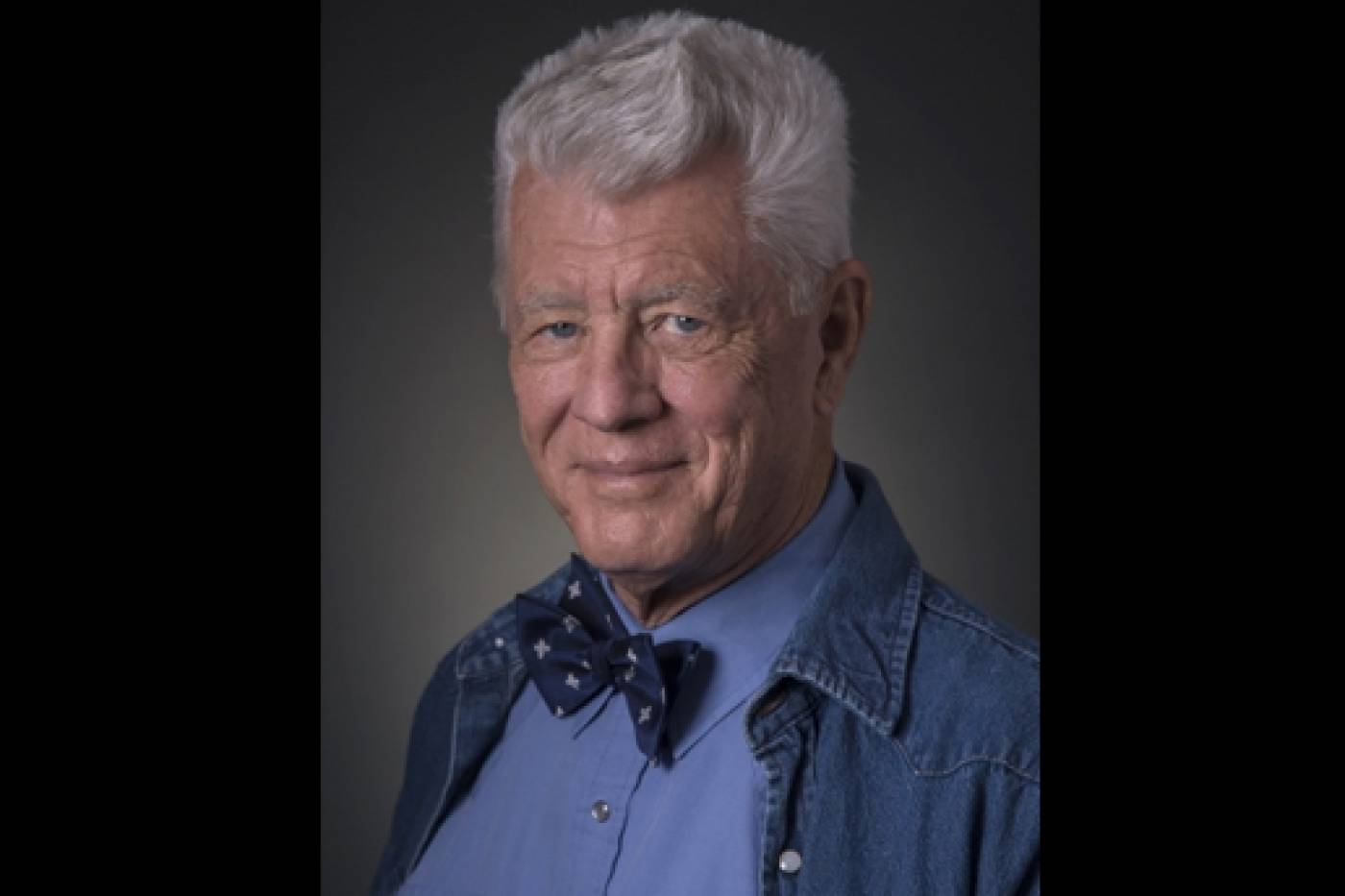 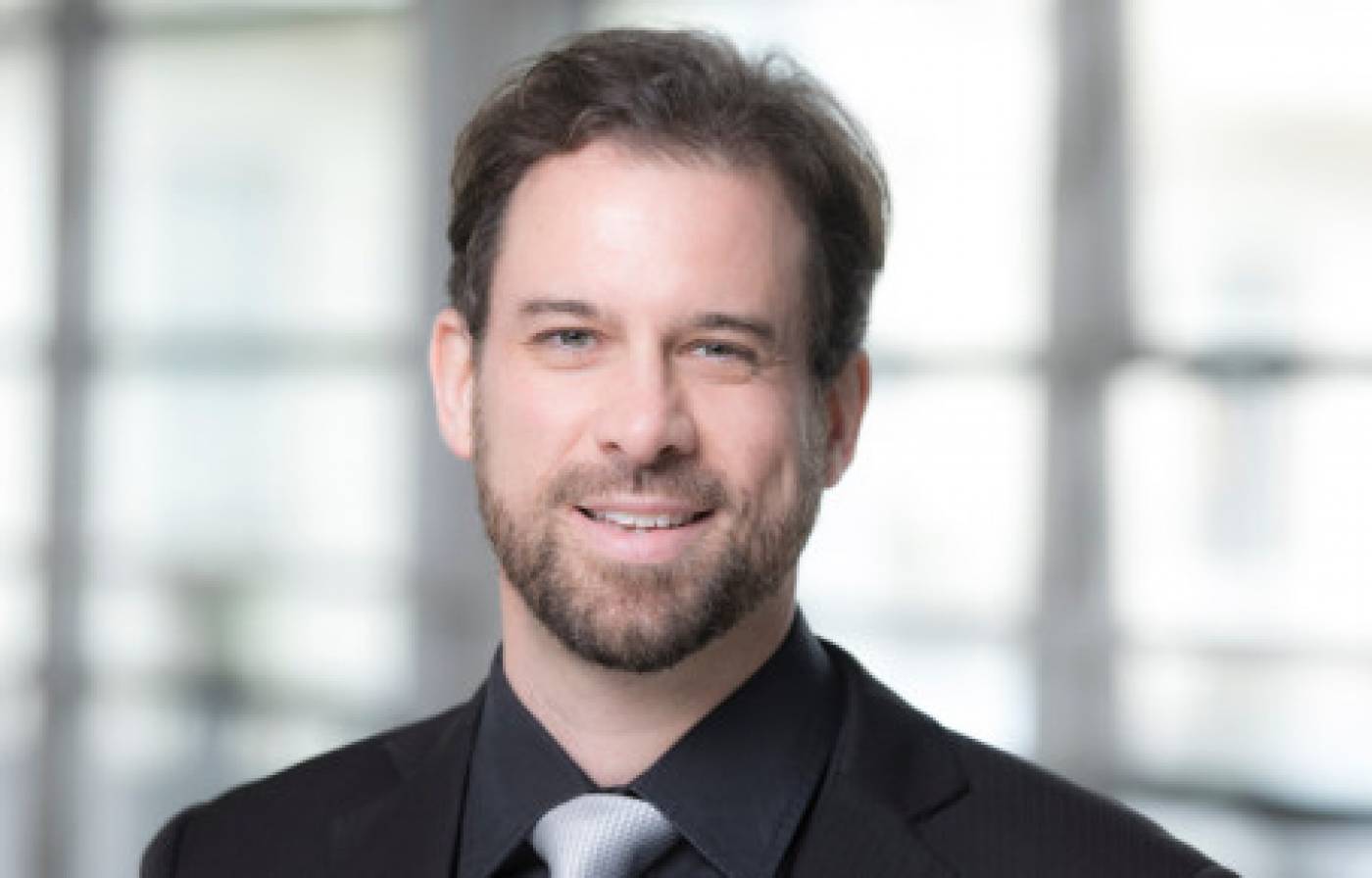 |
 Close
Close

